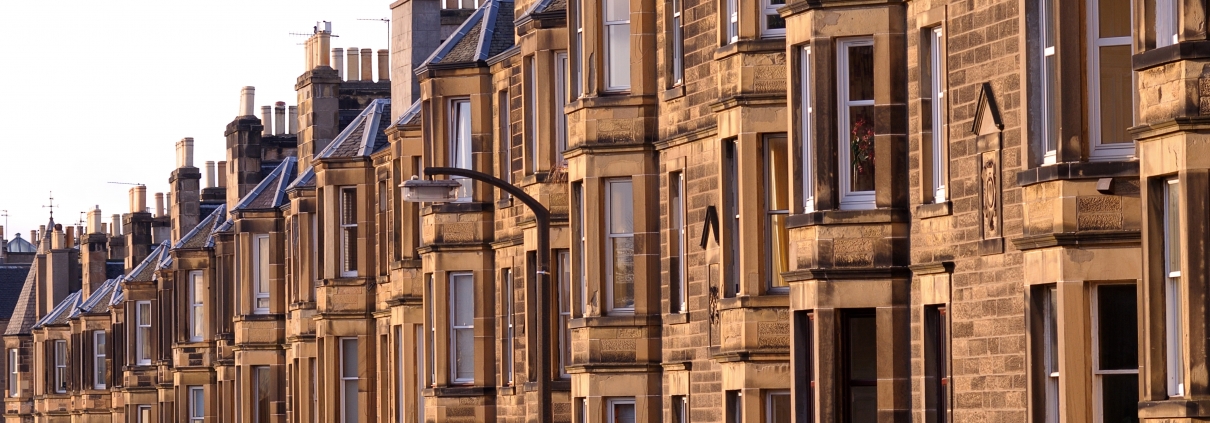The effect of Property Charges on a Vendor
The effect of Property Charges on a Vendor
Property taxes and charges have been a contentious issue in recent years and matters are complicated further when you are trying to sell a residential property.
When selling a residential property a vendor will be obliged to provide a purchaser with receipts as evidence of payment of the following charges:
· Household Charge;
· Local Property Tax;
· Non Principal Private Residence charge if the property is not your principal private dwelling house; and
· Water charges.
Below we will look at each tax individually:
Household Charge:
The Household Charge was an annual charge of €100 introduced by the Local Government (Household Charge) Act 2011 which was payable by owners of residential property. Therefore, if you owned a residential property in Ireland on 1st January 2012, even if you were living abroad, you were obliged to register and pay the Household Charge on or after 1st January 2012.
Late payment, interest, and fees apply if you did not pay the charge in full by 31st March 2012 or set up a direct debit. If your Household Charge payment was still outstanding on 1st July 2013, it was then increased to €200. If your Household Charge is still outstanding, it will be added to the Local Property Tax payable on your property. If you do not pay this additional €200, interest and penalties will apply under the Local Property Tax system.
Local Property Tax:
The Local Property Tax (“LPT”) replaced the Household Charge which was abolished from 1st January 2013. The annual LPT charged on all residential properties in the State came into effect in 2013 and is collected by the Revenue Commissioners.
When selling your property, you will need to ensure that your LPT has been paid up to date. You will be obliged to provide a copy of your LPT Property History Report as evidence of payment of your LPT. Your LPT Property History Report must show a nil balance due and owing at the time of the sale. On closing, the purchaser will reimburse you for the portion of the LPT liability for which you are not liable. You must also ensure that your property is registered in the correct tax band, otherwise you may need to apply to Revenue for clearance.
Non Principal Private Residence Tax:
The Non Principal Private Residence Tax (“NPPR”) was a €200 annual charge payable in respect of all residential property not used as the owner’s sole or main residence. This tax was applicable from the year 2009 to 2013.
As LPT has now been introduced, the NPPR is no longer charged however outstanding liabilities and payments will still be collected.
If the property you are selling has been your main residence for the liability period (2009-2013) then you are exempt from this tax and you will need to obtain a Certificate of Exemption from your local authority.
If the property was not your main residence for the relevant period and you have paid this tax then you will need to obtain a Certificate of Discharge from your local authority.
If your property was liable for this tax but you have not paid it, then you must discharge the liability and any arrears due before you sell the property and then obtain a Certificate of Discharge from your local authority.
In order to maximise compliance and encourage payment of outstanding NPPR charge arrears, legislation provided that from 2nd March 2014 to 31st August 2014 no new late payment penalties would be applied to existing NPPR liabilities. This provided an opportunity for owners to agree payment terms with local authorities. However, if payment was not made in full by 31st August 2014 or if settlement terms were not agreed by that date, an additional late payment fee was applied on 1st September 2014. If a vendor owns a property to which NPPR is payable for the years 2009 -2013 and the NPPR charge has not been paid the current liability amounts to €7,230.00.
Water Charges:
The Environment (Miscellaneous Provisions) Act 2015 introduced new obligations in respect of water charges.
Owners of dwellings are now required to provide the following prior to the sale of a dwelling:
· Pay to Irish Water the water charges in respect of the dwelling; and
· Provide to their solicitor a certificate of discharge from Irish Water confirming that any such charge has been paid, or a statement from Irish Water that any such charge is not the liability of the owner.
There are also new obligations on Solicitors acting for such vendors:
· If the owner fails to provide their Solicitor with the required certificate or statement the solicitor is required to request the statement or certificate from the vendor. If this is not forthcoming the Solicitor shall request such a statement from Irish Water.
· The Solicitor is required to withhold the amount set out in such statement from the net proceeds of sale and to pay that amount to Irish Water.
· In the event that there are no net proceeds available to pay the water charges, the vendor’s solicitor should notify Irish Water. The department has advised that Irish Water will acknowledge receipt of such a notification and that no further action is required by the solicitor.
Although unpaid water charges will not result in a charge on the property, unlike unpaid local property tax, the new legislation imposes significant new obligations on both vendors and vendor’s solicitors.
For further information please contact Eimear Coughlan at ec@ofx.ie

